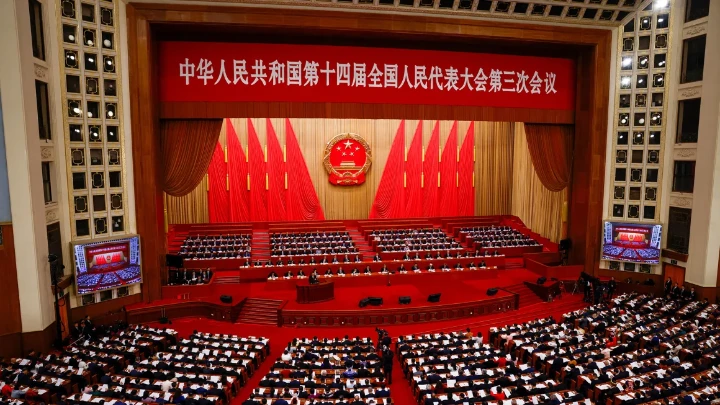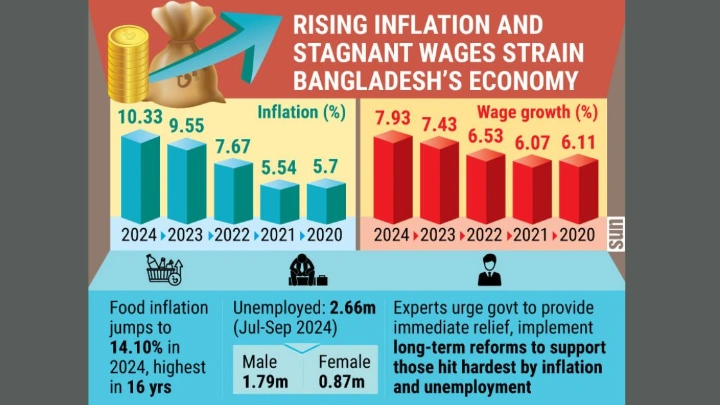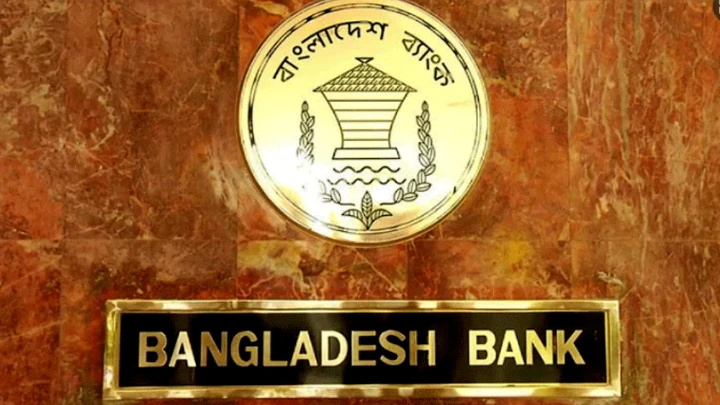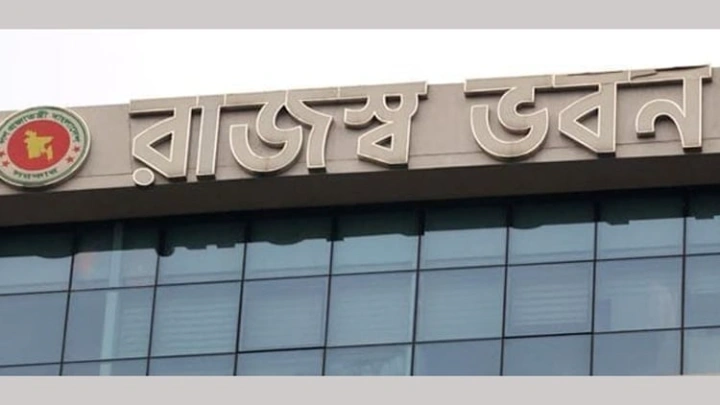Half your salary goes to rent? You’re not alone in Dhaka
DailySun || Shining BD
For many residents of Dhaka, the Gregorian new year brings fresh challenges rather than optimism, as rising house rents add to the burdens of middle- and low-income families. Landlords frequently increase rents under various pretexts at the start of each year, forcing tenants to grapple with soaring expenses in an already strained economy. A significant portion of the city’s workforce now dedicates over half their monthly income to rent, leaving little room for other essential expenses.
The annual rise in rent is a persistent issue for many, leaving tenants like Mahfizul Islam, who works at a private firm in Banglamotor, in financial distress.
Mahfizul, who lives in Moghbazar, is expecting a salary increment of Tk1,000-1,500 in January. However, his landlord has already notified him of a Tk2,000 rent hike.
“My salary may increase slightly, but the additional rent will completely offset it,” Mahfizul told the Daily Sun.
Similarly, Harun-or-Rashid, a small businessman living in Shantibagh, expressed frustration at the growing expenses in January, including house rent, utility bills and school enrolments for his children.
“The current economic downturn and political instability have already hit my business hard. These increasing expenses are making our lives unbearable,” he lamented.
Travel agency owner Muazzem Hossain from Malibagh shared a similar plight.
“The travel business is in a slump due to the recession and political unrest. Now, rising house and office rents have added to the pressure. Landlords do not consider our struggles—they just increase rent every January,” he said.
While tenants face mounting financial strain, landlords defend rent increases as necessary to cover rising expenses.
Md Anamul Haq, a landlord in Mohammadpur with two multi-storeyed buildings, justified the hikes.
“The cost of construction materials, building maintenance and bank loan interest has skyrocketed. We do not profit much after covering these costs. Rent adjustments are unavoidable, but we try to discuss them with tenants first,” he said.
Md Baharane Sultan Bahar, president of the Bharatiya Parishad (Tenants’ Rights Council), criticised the lack of regulation.
“Rent hikes every year have become a serious issue. House owners ignore tenants’ concerns, and the government must step in to find a permanent solution to this inhuman practice,” he told the Daily Sun.
According to a survey by the Bangladesh Bureau of Statistics, 72% of residents in city corporation areas live in rented homes, while only 25.85% own their houses. Over the past two decades, house rents in Dhaka have increased by 300%-400%, according to the Consumers Association of Bangladesh.
World Bank data shows rapid urbanisation in Bangladesh, with 45.7% of the population living in cities as of 2010. This urban influx has created a mismatch between demand and supply, driving rents higher across the capital.
Interviews with tenants in Khilgaon, Malibagh, Moghbazar, Mohammadpur and Dhanmondi revealed that house owners increase rents almost annually, consuming 50%-60% of tenants’ monthly incomes.
For instance, Saifur Rahman, an employee earning Tk30,000 monthly, spends Tk15,000 on rent for his Khilgaon apartment. Adding utility bills leaves little for other expenses.
To escape high rents in central Dhaka, some families move to peripheral areas.
Kaiser Karim, an employee at a private TV channel, relocated from Tejgaon to Shanarpar in Narayanganj. “In Tejgaon, I paid Tk14,000 for rent and utilities. Now I pay Tk7,000 in Shanarpar for a better house,” he said.
Bangladesh’s House Rent Control Act, 1991 provides legal protection for tenants, stipulating that landlords can only raise rent every two years, and any increase must be reasonable. However, this law is largely ignored, with landlords frequently raising rents without justification.
Tenants have the right to seek legal remedies by filing a case in the Assistant Judge’s Court. However, tenants said that a lack of awareness and lengthy legal processes discourage them from pursuing this option.
Shining BD























